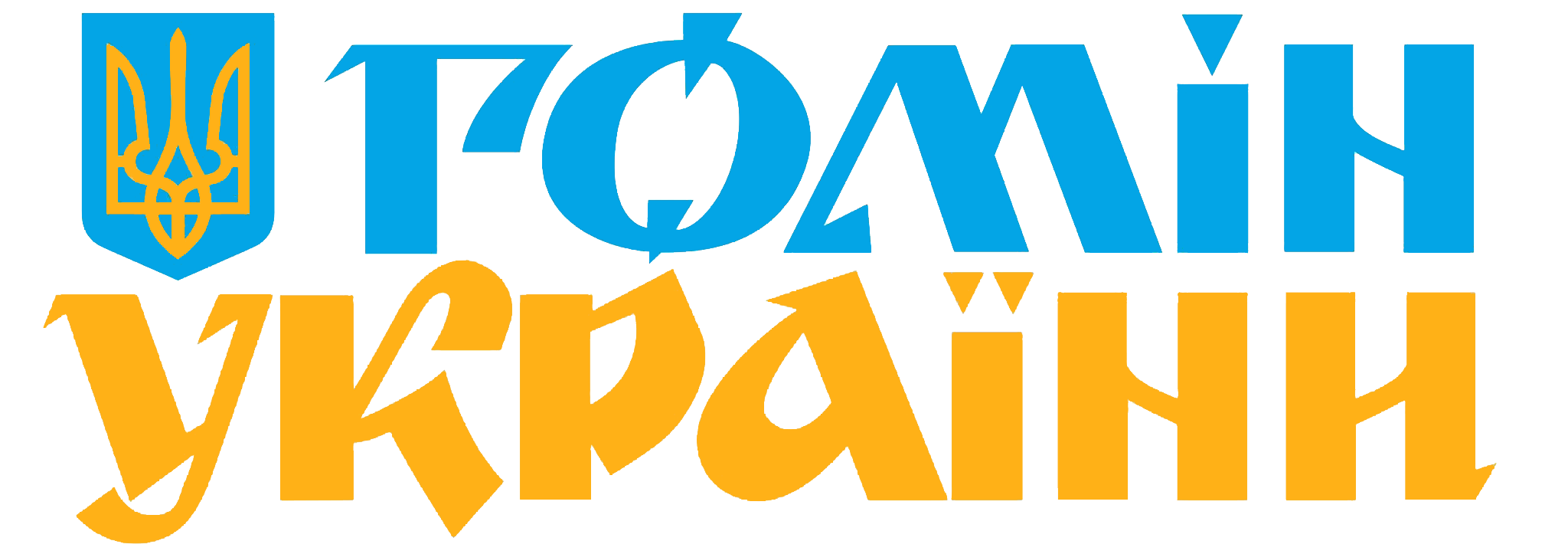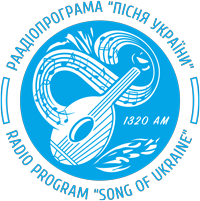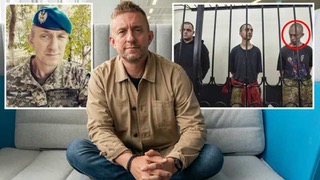Британський солдат у відставці Шон Піннер мирно і щасливо жив у Маріуполі зі своєю українською родиною, коли в лютому 2022 року війська путіна почали повномасштабне вторгнення. Колишній військовослужбовець, який народився в графстві Гартфордшир, не зміг стояти осторонь, і пішов захищати свій дім, пояснюючи це тим, що сприймає все як «битву між добром і злом».
У квітні 2022 року він потрапив у російський полон, пише видання «The Sun».
Повернувшись з полону, Шон написав книжку. У ній розповідає, як його люто катували люди, котрі, на його думку, були оперативниками російського спецпідрозділу.
«Я не міг відповісти. Я заїкався, перебував у стані шоку, моя щелепа все ще пульсувала від побиття. Тоді я вловив мерехтіння леза. Перш ніж я встиг зреаґувати, воно врізалося в мою ногу», – згадує Шон катування у полоні.
За словами британського солдата, його порізали, як «м’ясо на шашлик».
«Я з жахом дивився на рану й кричав. Великий шматок був відрізаний, як м’ясо для шашлика. На підлозі було море крові, і не було жодних надій вийти з цього неушкодженим», – розповів він.
Шон думав, що його уб’ють.
«Але слова моєї дружини Лариси кружляли у моїй голові. Жити. Боротися. Вижити!» – згадує колишній британський солдат.
Кати розпитували Шона, звідки він – чи часом він не розвідник з MI-6 (Секретна розвідувальна служба Великої Британії, – ред.).
«Потім хтось схопив мене за плечі, і я почув, як тріскає і рветься малярська стрічка. Коли я подивився вниз, хтось загорнув моє стегно в стару синю футболку… На мене наділи капюшон, а потім потягли й запхали в кузов автомобіля. Я почав тремтіти – у мене почався шок від того, що відбувається. Один із солдатів прошепотів мені на вухо, щоб я не рухався, інакше мене застрелять», – поділився спогадами Шон.
Його повезли до Донецька.
«Через тридцять хвилин машина зупинилася, і мене витягли, як величезну сумку з покупками. Коли мене змушували проходити через нові двері та інші коридори, я відчував, що мене доставили до колишнього українського поліцейського відділку. Ймовірно, російський спецпідрозділ використовував його як свою базу. Потім мене залишили в тому, що було схоже на ванну. Місце було сирим; смерділо смертю, але не було ні раковини, ні туалету, ні душу. Мої груди стиснуло від страху. У підлозі був круглий дренажний отвір, розташований так, щоб будь-який слід крові чи зубів, навіть пальців ніг чи рук можна було змити шлангом», – описав те місце Шон.
Потім Шона прив’язали до дерев’яного крісла, а його плечі обвивав український прапор.
«Без жодного попередження вибух електрики врізався в моє тіло. Біль був навіть сильнішим, ніж від рани на моїй нозі, і я був змушений випрямитися в гіперактивному спазмі, мої кістки стиснулися. Вибух міг тривати лише п’ятнадцять секунд або близько того, але він здався вічним, і коли електроенерґію вимкнули, я впав назад у крісло, смикаючись…», – пише у своїй книжці Шон.
Він звернув увагу, що його постійно запитували, хто він – розвідник чи снайпер.
«Я точно не знаю, скільки часу мене катували. Важко здогадатися, і якби мені хтось сказав, що агонія тривала кілька днів, я б повірив. Але я не зламався. Коли я прийшов до тями, мені в потилицю встромили 9-міліметровий пістолет, і я не злякався. Сказав їм, що якщо вони збираються це зробити, то нехай роблять. А потім почув клацання порожнього барабана й відчув удар по потилиці», – сказав Шон.
Він додав, що росіяни знайшли його профіль у соцмережах і зрозуміли, хто перед ними.
«У них був мій профіль у соцмережах, а разом з ним і книга контактів близьких – людей, яких можна було емоційно катувати здалеку, заради розваги. Звичайно, невдовзі після цього мені в обличчя штовхнули смартфон. На екрані було моє відео в кріслі з українським прапором на плечах. Я хитався від удару струмом. З’явилося зображення мого паспорта. Зверху було вибито слово «помер». «Ти мертвий в Інтернеті», – прошепотів мені голос», – розказав Шон.
У вересні 2022 року Піннер був звільнений в рамках обміну полоненими.
Фото: «Український репортер»
«Український репортер»








